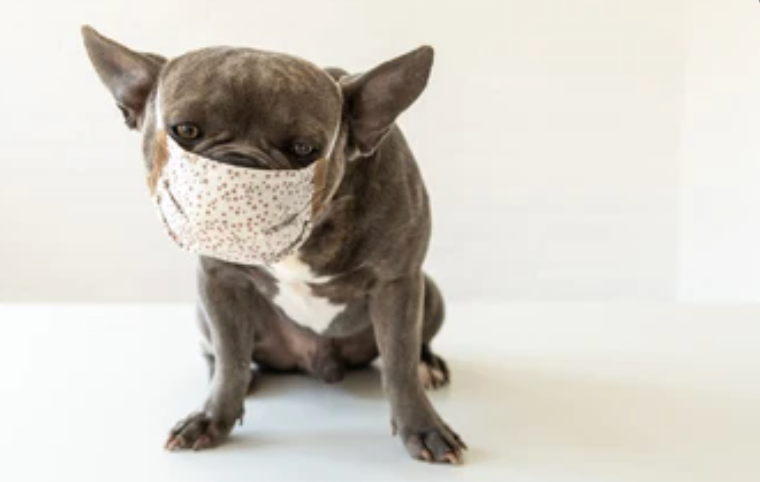A respiratory illness with high transmissibility is kennel cough. Kennel cough is usually acquired by dogs in environments with large numbers of canines, including housing and daycare facilities, dog parks, training facilities, and dog shows. It can be passed between dogs through airborne droplets, close contact, or infected surfaces like food bowls. Most dogs can get it treated very easily. However, puppies under six months old and dogs with weaker immune systems may experience more serious complications.
A persistent, hard cough is the typical kennel cough symptom. It often has a goose-honking sound. This is different from a reverse sneeze, which is a cough-like sound produced by some dogs, particularly young ones. Reverse sneezes are sometimes common in some dog breeds, and they generally signify nasal or mild throat discomfort.
Sneezing, nasal congestion, or eye discharge are other indications of disease that some kennel cough-infected dogs may show. If your dog gets kennel cough, they most probably won’t become weary or lose their appetite. The kennel cough may spread easily. Keep your dog away from other pets and call your veterinarian if you suspect they may have the disease.
How can it be treated?
A week or two of rest is usually enough to treat mild symptoms of kennel cough, but a vet may also recommend antibiotics to avoid a serious infection and cough medicine to relieve the symptoms. These include anti-Bordetella antibiotics and cough medications. Additionally, you might notice that putting your dog in a place with good humidity and wearing a harness rather than a collar, particularly for dogs that fight with a leash, will reduce coughing.
Although elder dogs or those suffering from other health complications may require up to six weeks, the majority of canines with kennel cough make a full recovery within three weeks. Be cautious about following up with the vet if your dog does not recover within the estimated time frame because a severe, persistent kennel cough infection might cause pneumonia. Also, if your dog suddenly shows symptoms like rapid breathing, loss of appetite, or lack of energy, contact your veterinarian immediately, for these could indicate more serious illnesses.
Can it be prevented?
The most common cause of kennel cough, the bordetella bacterium, is the target of a vaccination. Dogs who regularly train, attend dog daycare, participate in dog sports, or are regularly exposed to packs of dogs can benefit from the vaccine. Also, many training, boarding, and daycare facilities ask for proof of vaccination. The vaccine is offered orally, in nasal, and in injectable variants. Depending on the type, it is often given in two doses at first, split two to four weeks apart, and then a booster shot is given every six months to a year.
Kennel cough home remedies:
- Honey-lemon and hot water – Dogs, humans, and the environment, in general, can all benefit greatly from honey. One cup of boiling water, one tablespoon of honey, and one teaspoon of lemon juice are the components of kennel cough tea. Combine the ingredients, and then wait for the water to warm up but not turn hot. Avoid burning the puppy’s mouth. You can always test it first because all of these ingredients are fit for human consumption.
- Steam therapy – Kennel cough can make dogs congested, just as a sinus infection or a cold can in humans. The persistent hacking cough brought on by infected tracheobronchitis also causes the most typical kennel cough symptom. Steam therapy may help with four out of five of the following symptoms: nasal discharges, runny eyes, difficulty breathing, sore throat, and fatigue.
Please be mindful of your dog’s breathing and adjust the amount of time they spend in the steamy shower depending on how they react.

